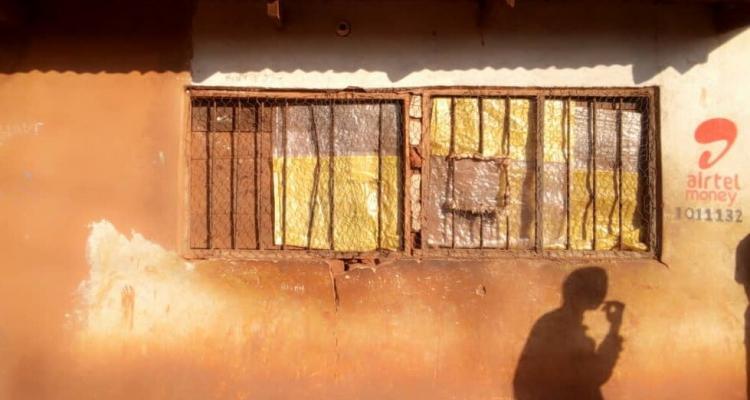
Police in Lilongwe are closing shops belonging to refugees and have arrested over 100 refugees who will be sent to Dzaleka Refugee Camp in Dowa District
According to Malawi24 findings, some of the foreigners have run away from the police as they are afraid of being arrested while others have been taken by the police who have come with vehicles to carry their belongings to the camp. This morning, Police have raided shops in areas such as Kawale, Chilinde, Area24 and Area 36.
This Publication has also noted that some Malawians are planning to break the shops to steal from the shops.
One of the community members at Area 24 who refused to be named said that it is unfortunate that the foreign nationals are being forced to go back to Dzaleka because many Malawians are going to suffer considering that the refugees are the only who offer fair prices for commodities.
“We are not happy with this decision to be honest, how are we going to survive? Malawians depend on Burundian nationals because they open early and close shops late meaning to say when a person is stranded and in need of something they are there to help,” the person said.
Minister of Homeland Security Ken Zikhale Ng’oma last month issued a statement that the refugees many of whom are Burndian nationals should relocate to Dzaleka before 15th April and warned that government will use force to relocate those who defy the order.
Centre for Democracy and Development Initiatives (CDEDI) Executive Director Sylvester Namiwa recently urged government to reconsider its decision of forcing the foreigners to Dzaleka Refugee Camp saying they too have freedom to stay in this country like any person.
The United Nations Refugee Agency also opposed the move and argued that Dzaleka is already overcrowded as it accommodates nearly 50,000 people from the recommended 12,000 refugees.
The agency said relocating several thousand refugees back to the camp will have dire consequences on the provision of critical basic services such as health and education, as well as protection activities.
Follow us on Twitter:














